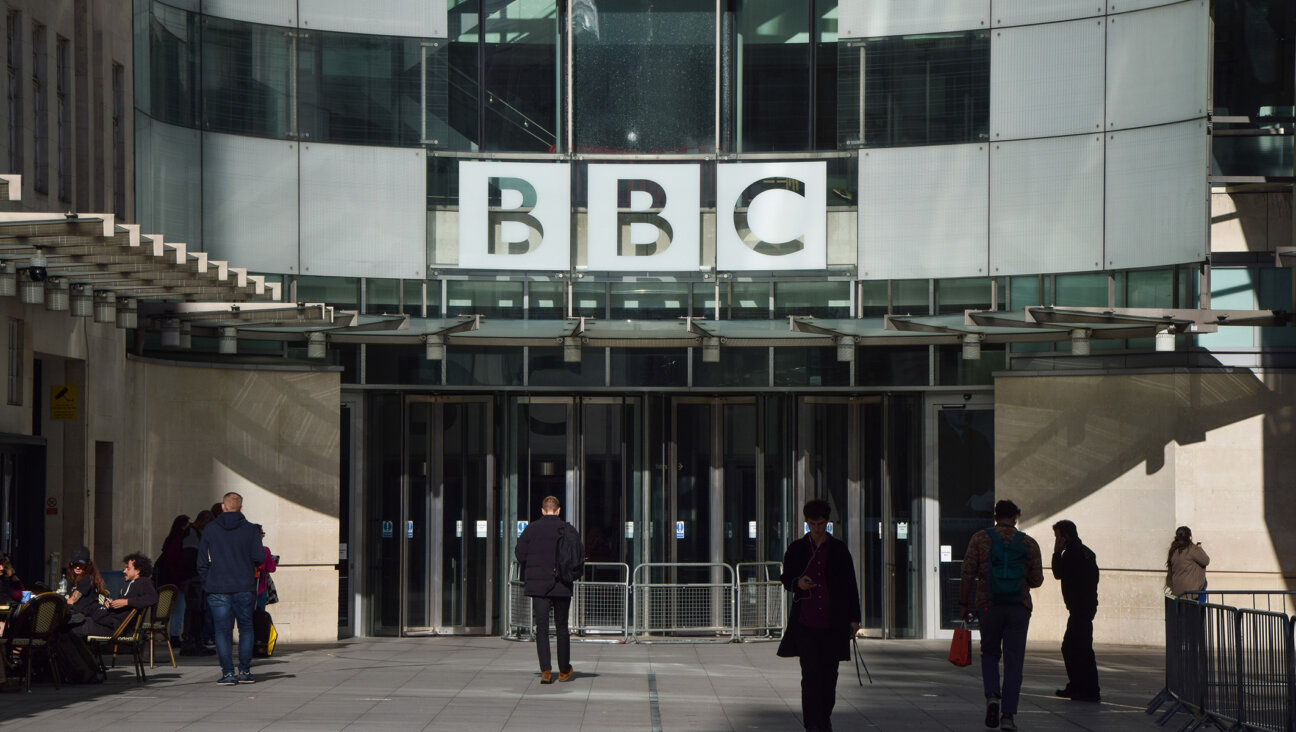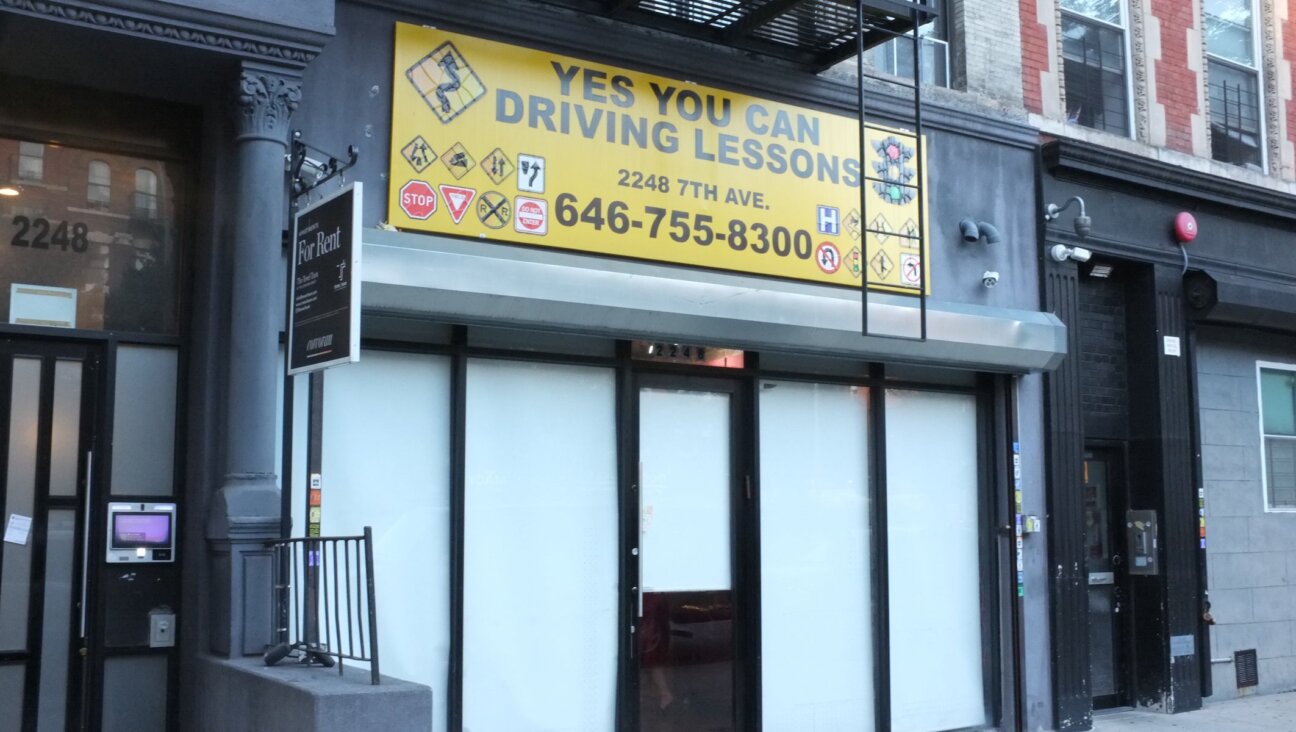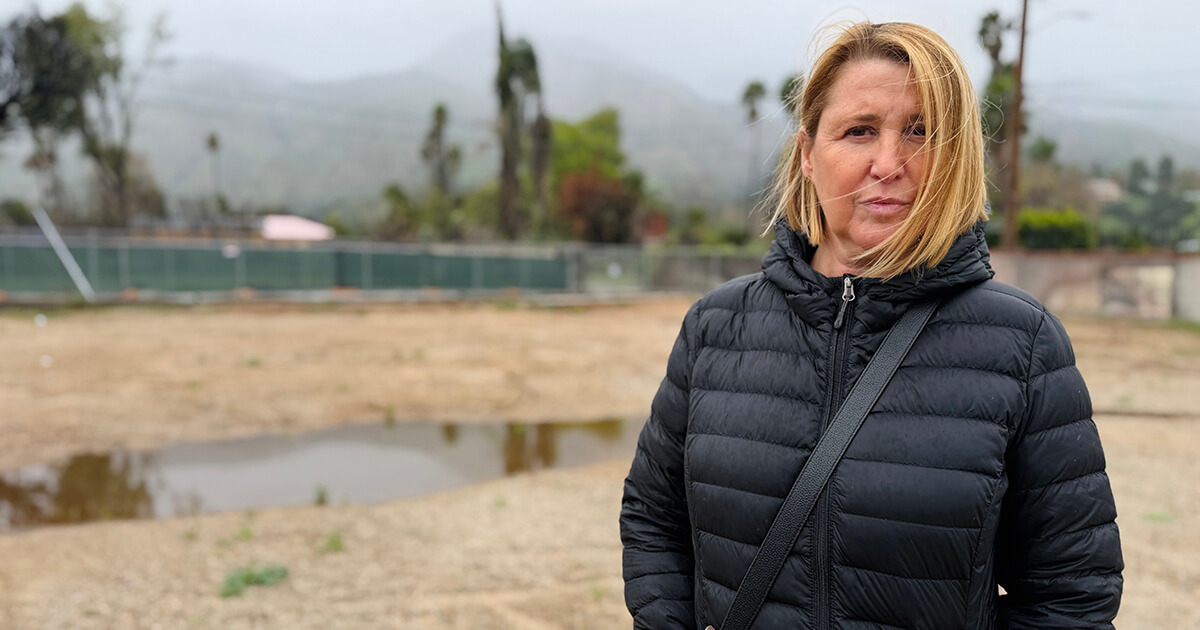Stakes Rise for Dem Debate As Bernie Sanders Closes Gap With Hillary Clinton

Sanders-Clinton Image by Getty Images
CHARLESTON, S.C. – Tightening polls and rising tensions between White House rivals Hillary Clinton and Bernie Sanders could fuel a fiery Democratic debate on Sunday, their last face-to-face encounter until Iowa kicks off the presidential nominating race in two weeks.
The leading Democratic contenders stepped up their attacks on each other during the past week, battling over guns, healthcare and Wall Street with growing intensity as polls showed Sanders gaining ground on Clinton in key states.
Clinton, Sanders and former Maryland Governor Martin O’Malley, who lags badly in polls, will participate in the 9 p.m. EST debate on NBC, the fourth between the Democratic contenders.
Foreign policy also could play a role in the debate, which follows Saturday’s prisoner deal announced by the United States and Iran. Tehran will free five Americans including a Washington Post reporter and a Christian minister.
Republican candidates expressed relief at the prisoner release but renewed their criticism of President Barack Obama’s willingness to make deals with Tehran, particularly his earlier agreement with Iran to curtail its nuclear ambitions. Sanders and Clinton have both supported the Iran nuclear deal.
Sanders, a U.S. senator from Vermont, has pulled into a statistical tie with Clinton in recent polls in Iowa, which holds the first contest on Feb. 1 in the race to pick a nominee for the November election. He also leads Clinton in the next state to vote, New Hampshire on Feb. 9, according to polls.
As the race has tightened, Clinton has been on the attack. The former secretary of state and U.S. senator from New York has hammered Sanders for past votes to support immunity from lawsuits for gun manufacturers and criticize his call for a national single-payer healthcare system. She demanded details on how he would pay for it.
Sanders fired back with an ad criticizing Democrats who take money from Wall Street, an obvious dig at Clinton, and touting his plan to break up the big banks.
“Will they like me? No,” Sanders said in words that recalled Clinton’s recent debate comment that everyone should like her.
An angry Clinton campaign quickly accused Sanders of breaking his pledge not to air negative ads against her.
“Clearly they are ready to sharpen their contrasts on issues with each other,” said Brad Anderson, an Iowa-based Democratic strategist who was state director for President Barack Obama’s 2012 campaign.
“The debate is going to be enormously important given all the undecideds we are seeing in polls,” said Anderson, who supports Clinton. “People are still really, really weighing their decision here.”
Clinton is expected to step up her attacks on Sanders as too soft on gun restrictions, particularly given the site of the debate in Charleston, South Carolina. It is one block from the historic church where nine black worshipers were killed by a white gunman in June.
“My guess is Clinton will lean heavily on the gun issue, and Sanders is not going to take that lying down,” said Dane Strother, an unaligned Democratic strategist. “There are going to be distinctions drawn.”
Wins by Sanders in both Iowa and New Hampshire would be a huge blow to Clinton, long seen as a prohibitive favorite. After those two states, the race moves on to Nevada and South Carolina, where Clinton leads in polls, and a March 1 round of 11 state contests.
“Things could change radically here if Bernie wins in Iowa and New Hampshire,” said Phil Noble, a veteran South Carolina party strategist and head of the state’s New Democrats, who has endorsed O’Malley.
The sharp exchanges after months of relatively quiet campaigning, particularly in comparison to the raucous Republican nominating battle, served as a wake-up call for Democrats, Anderson said. But he warned against it becoming too nasty.
“This is good. People are now clearly paying attention and fired up,” he said. “But my unsolicited advice would be for them to watch their tone. If you want your supporters to turn out on a cold winter night, a really aggressive negative message is not something that drives them.” — Reuters














